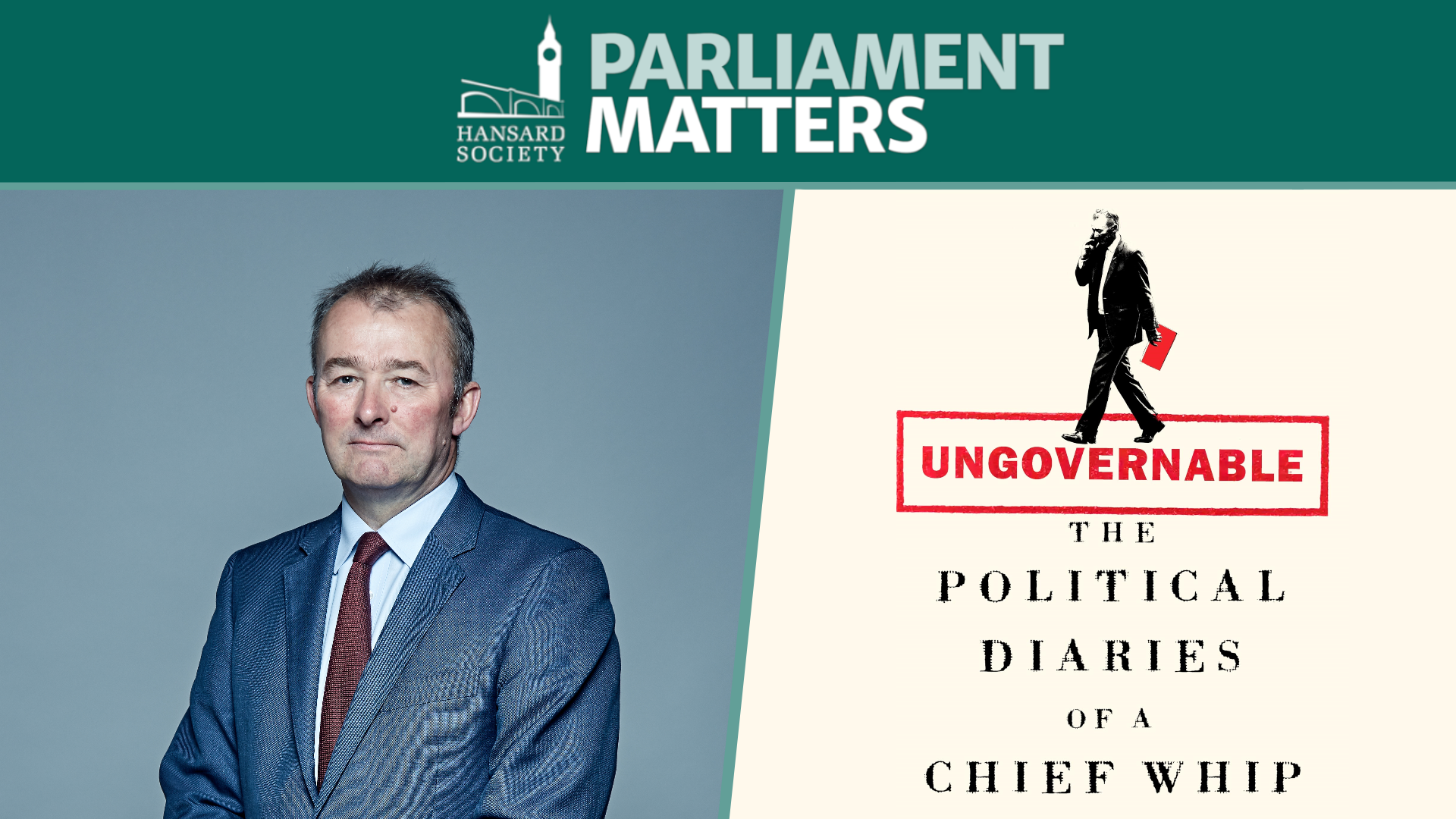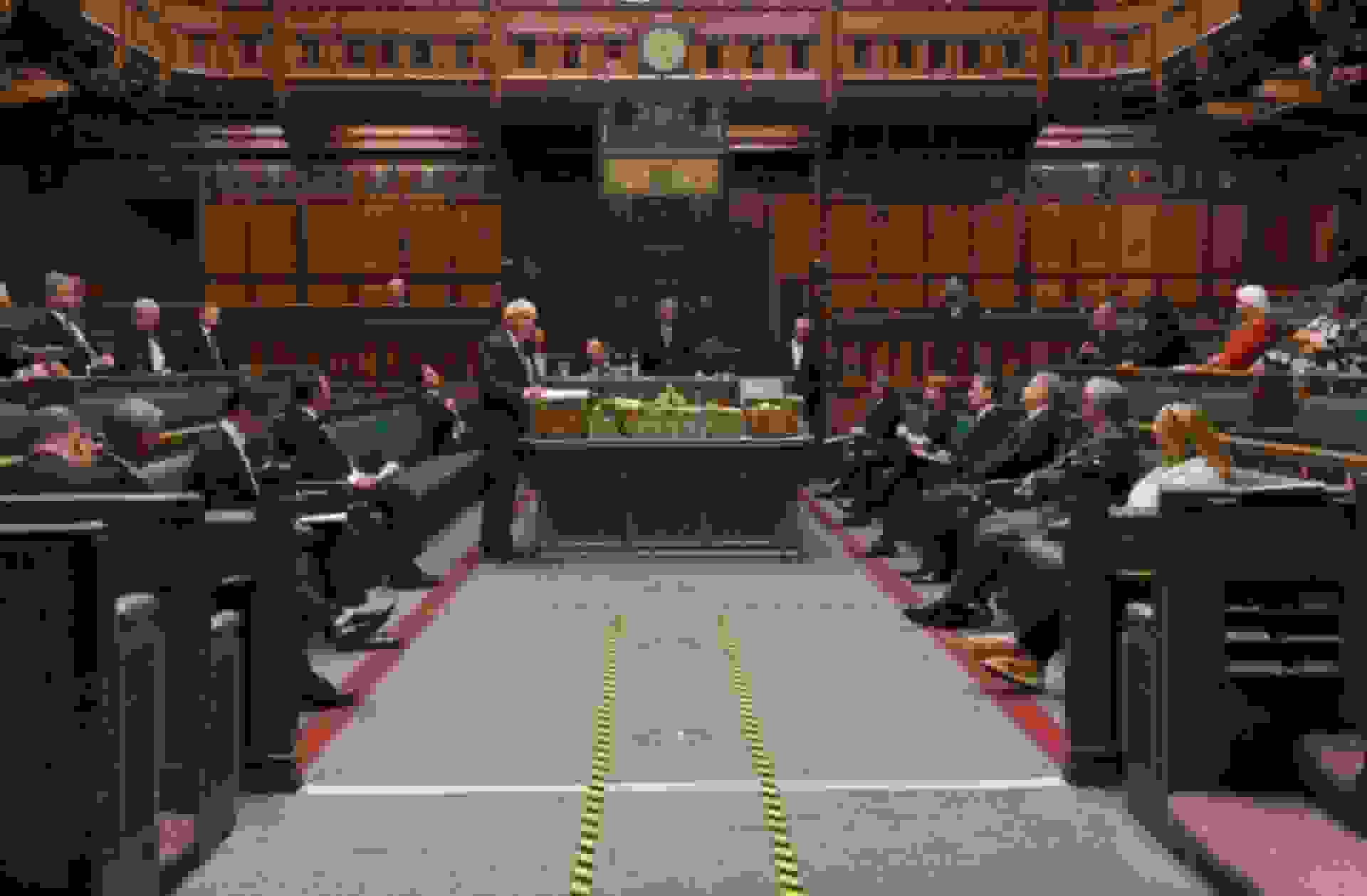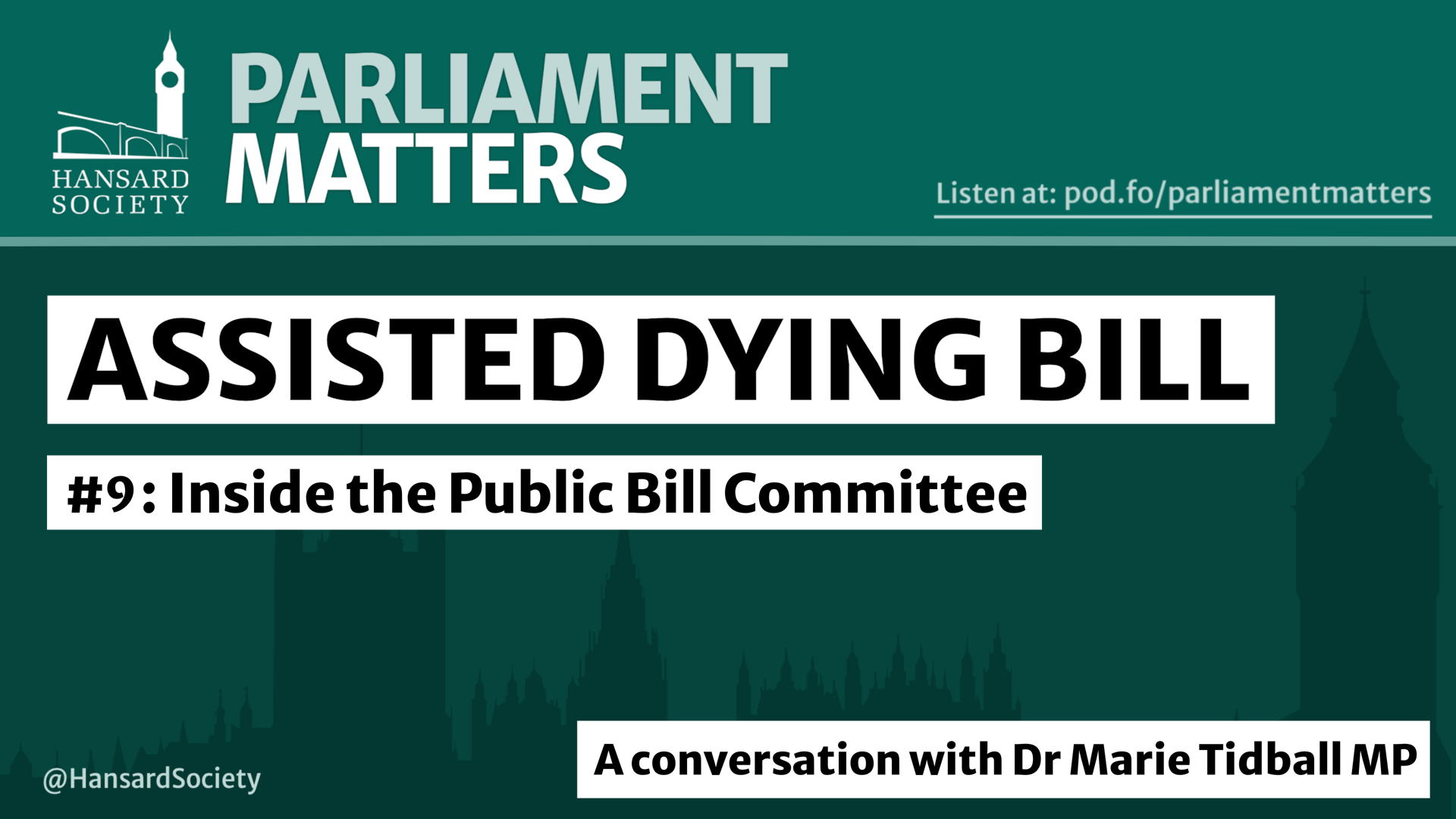The amending stages of the Bill could prove to be a damp squib, with few Members seeking to pursue amendments given the lack of time to scrutinise the bill, draft any amendments and build support for them among other Members. But if a number of amendments are pursued proceedings could become quite confusing and frustrating for Members. At the time of writing it is not clear exactly how the amendment process in the context of hybrid proceedings – with some members based physically in each Chamber and some participating remotely – will be handled under such extraordinary time pressures.
In the House of Commons, normally at least two days’ notice of amendments are given for a Bill. However, when two or more amendable stages take place on one sitting day, the minimum notice period cannot be observed. Notice of amendments, new clauses, and new schedules to be moved at Committee stage may therefore be accepted by the Clerks at the Table before the conclusion of Second Reading. These take the form of manuscript amendments and, due to the lack of time, may not be printed in the usual way. During normal fast-track scrutiny proceedings, the pressure of time means that some amendments may not make it onto a printed list; and it will not always be clear, even with a printed list, how many and which Members are supporting which amendments.
What can often be a chaotic and confusing process at the best of times may prove even more so in the context of hybrid proceedings. The manner in which amendments can be submitted for this Bill will be complicated by the fact that only 50 MPs at a time can be in the Chamber, due to Covid-19-related social distancing arrangements, and many – if not most – MPs will be participating remotely, with speaker call lists agreed in advance.
As tabling of/receipt of amendments may be permitted up to the end of Second Reading, there is also precious little time for the Deputy Speaker (the Chairman of Ways and Means), who will preside over the proceedings in Committee of the Whole House, to be advised by the Clerks on any procedural matters and then to select and group the amendments to be voted on during expedited proceedings.
This amendment process will pose a difficulty in relation to the use of the proxy votes system. An MP who gives their vote to another MP to cast on their behalf has to give advance notice to the person bearing their proxy as to how they would like their vote to be cast in each division. The speed at which proceedings will move, and the lack of advance notice about which amendments, if any, are to be grouped and voted on during these proceedings, will make this difficult – if not impossible – to do, particularly as so many MPs have given their proxy vote to one of their party whips. It will simply not be possible, in the time available, for the handful of members who hold proxy votes on behalf of other MPs to confirm exactly how all those MPs would like their proxy vote to be cast in each division.
The House of Lords will face similar challenges in managing the amendment process during hybrid proceedings. Public health guidance on social distancing means that the Lords Chamber can accommodate even fewer members than the Commons: just 30 Peers can be present, plus two on the Woolsack and a Deputy Speaker, at any one time.
However, Peers will have a slight advantage over MPs in that they have been participating remotely in legislative proceedings for months, and are therefore likely to be more adept at it. On the other hand, self-regulation of the House is undoubtedly harder remotely than in the Chamber, not least because it is more difficult to stop a Member speaking at inappropriate length. Importantly, however, the Lords will have a distinct advantage over the Commons when it comes to divisions, for it deploys electronic rather than proxy voting.
In contrast to the Commons, where the Speaker selects amendments to be debated and voted upon, in the House of Lords all amendments tabled may be called and debated. Normally, amendments to a Bill in the Lords may be tabled after Second Reading. However, when Second Reading and Committee stage are to be taken on the same day, amendments may be tabled prior to Second Reading. But under hybrid proceedings, to allow remote participation, the deadline for tabling amendments is three working days before the relevant stage, with participant lists, and amendment groupings agreed in the subsequent days before the stage. However, this timeframe is simply not possible for scrutiny of the Future Relationship Bill so an alternative approach will be needed. Speaker lists for participation in the debate on the Bill close at 4pm on 29 December, and Members must indicate whether they wish to take part physically or remotely. The numbers wishing to take part were so great that 24 hours before the deadline there was already an advisory speaking time-limit of three minutes.







